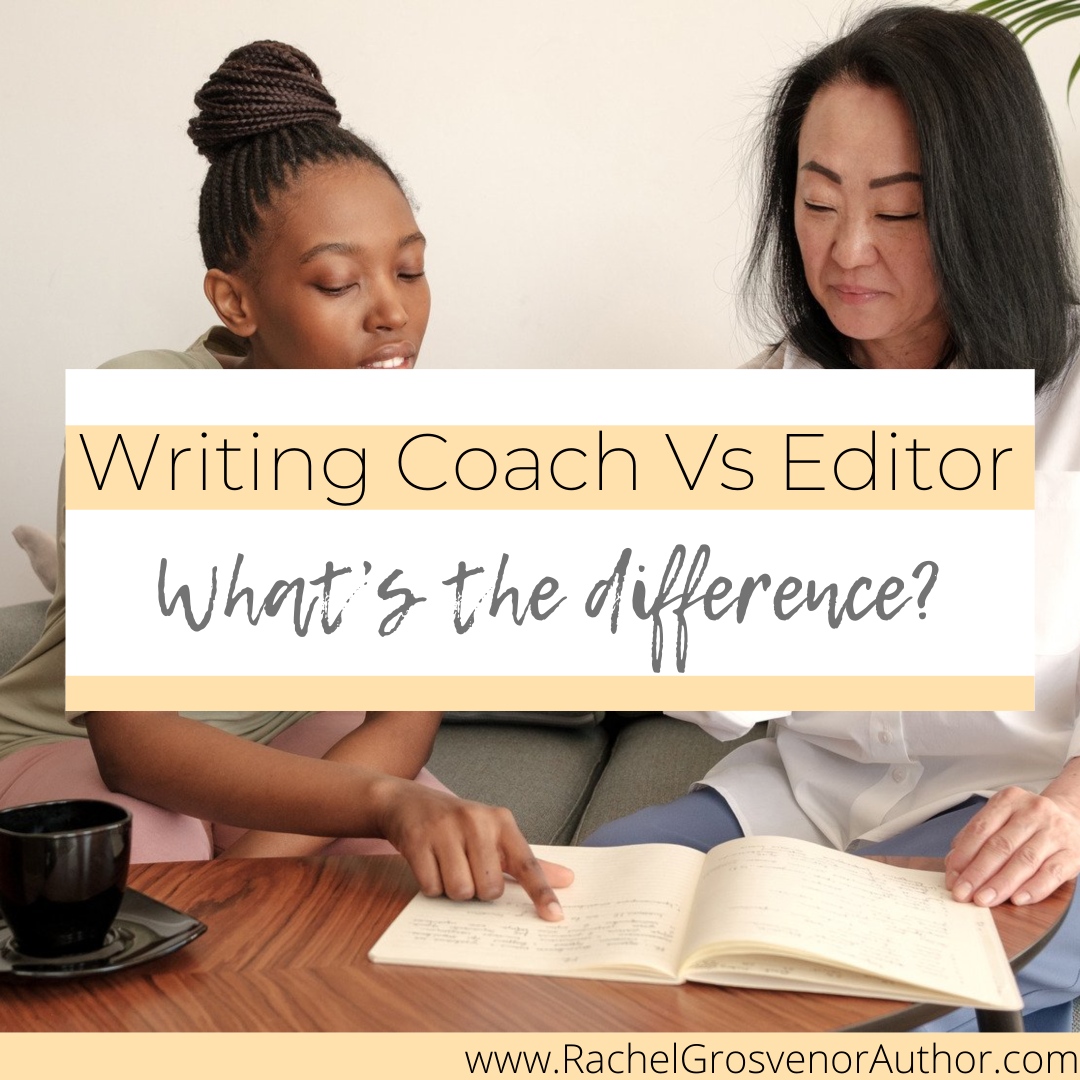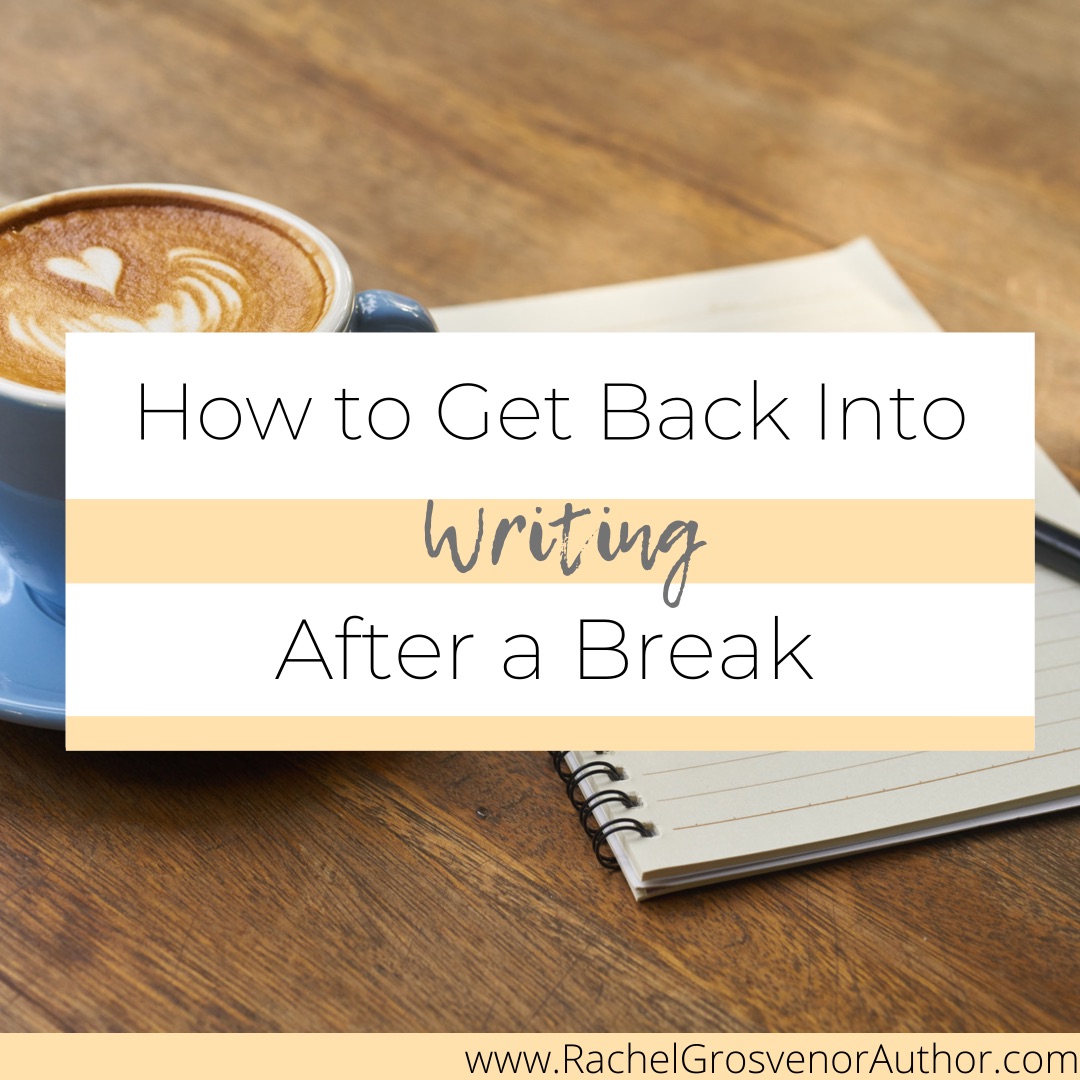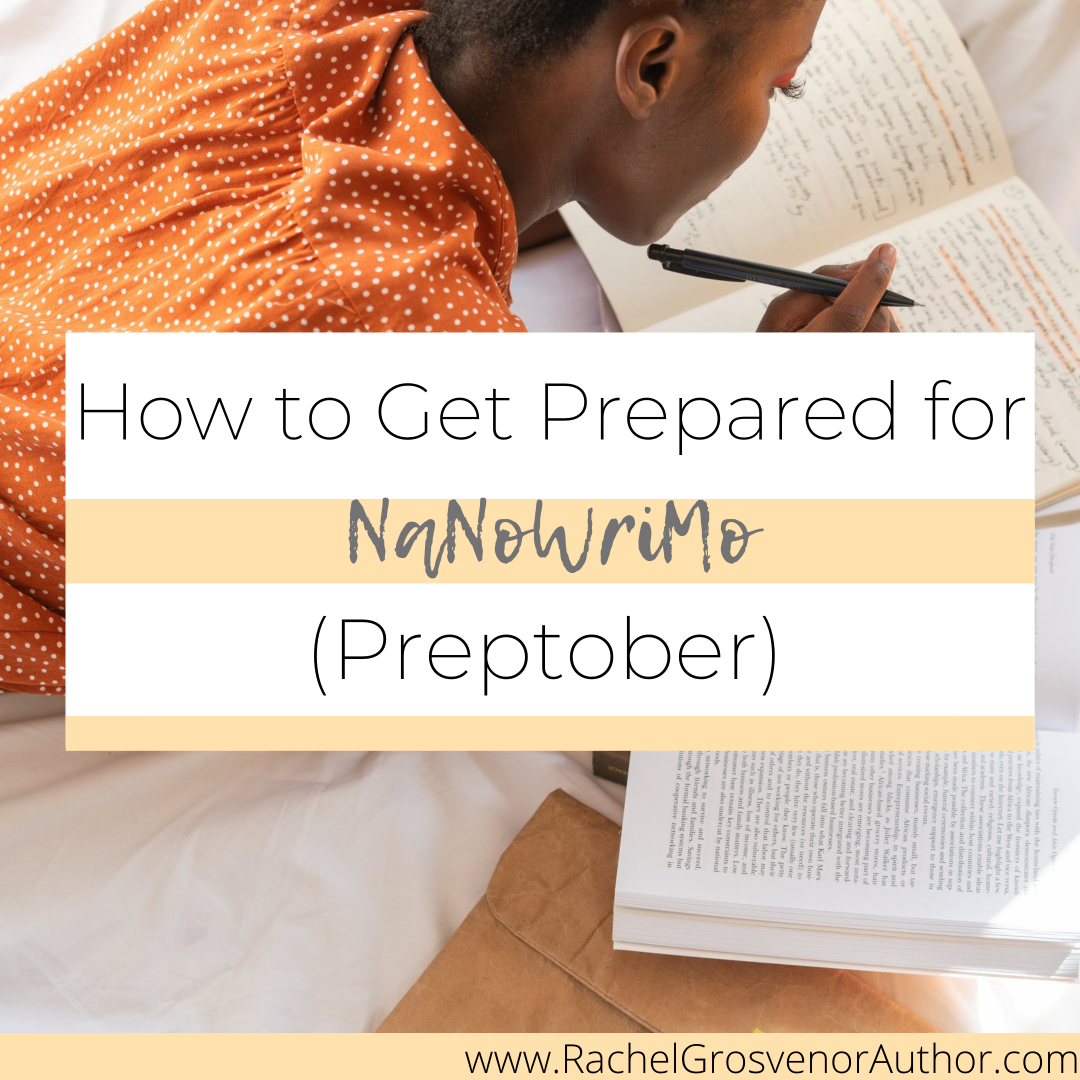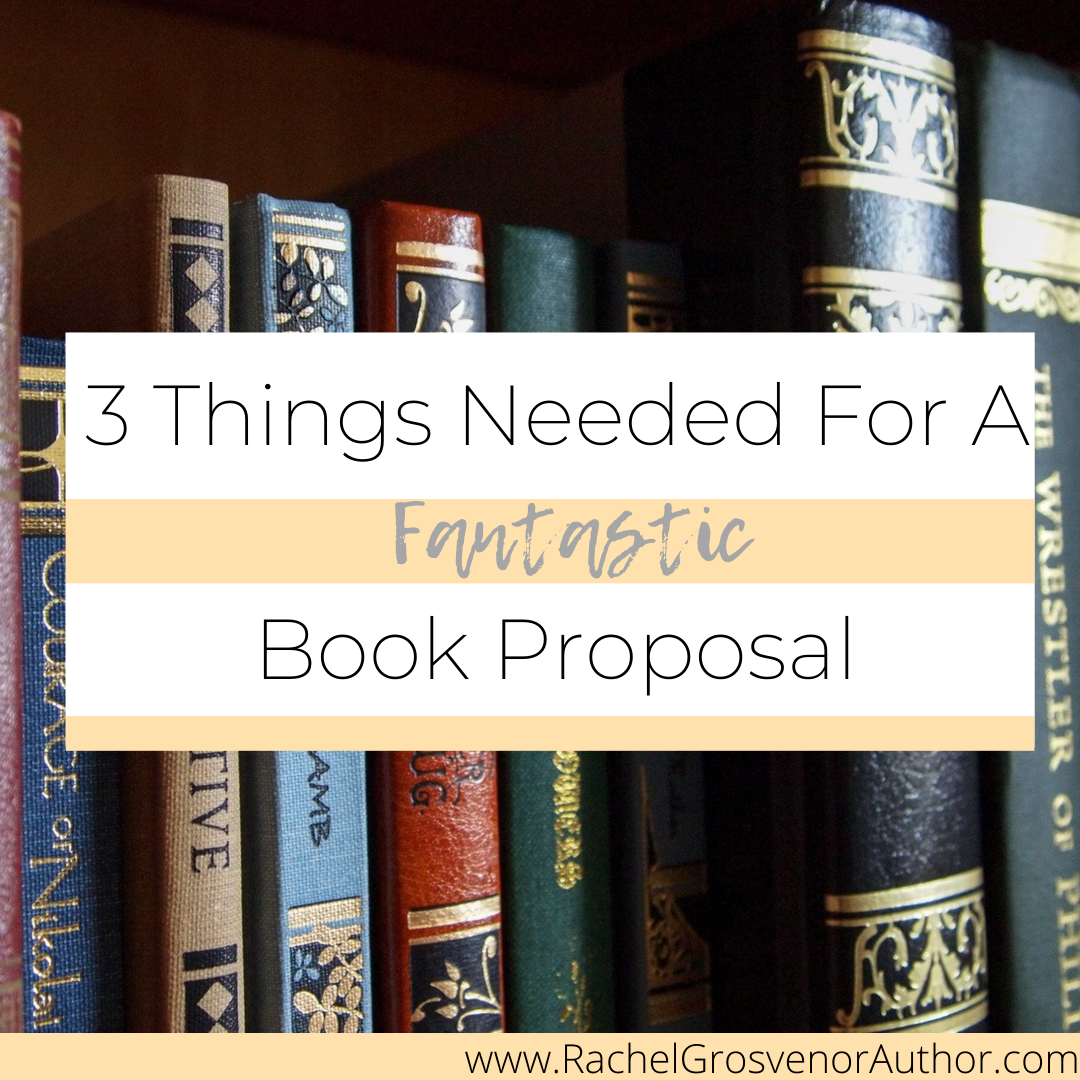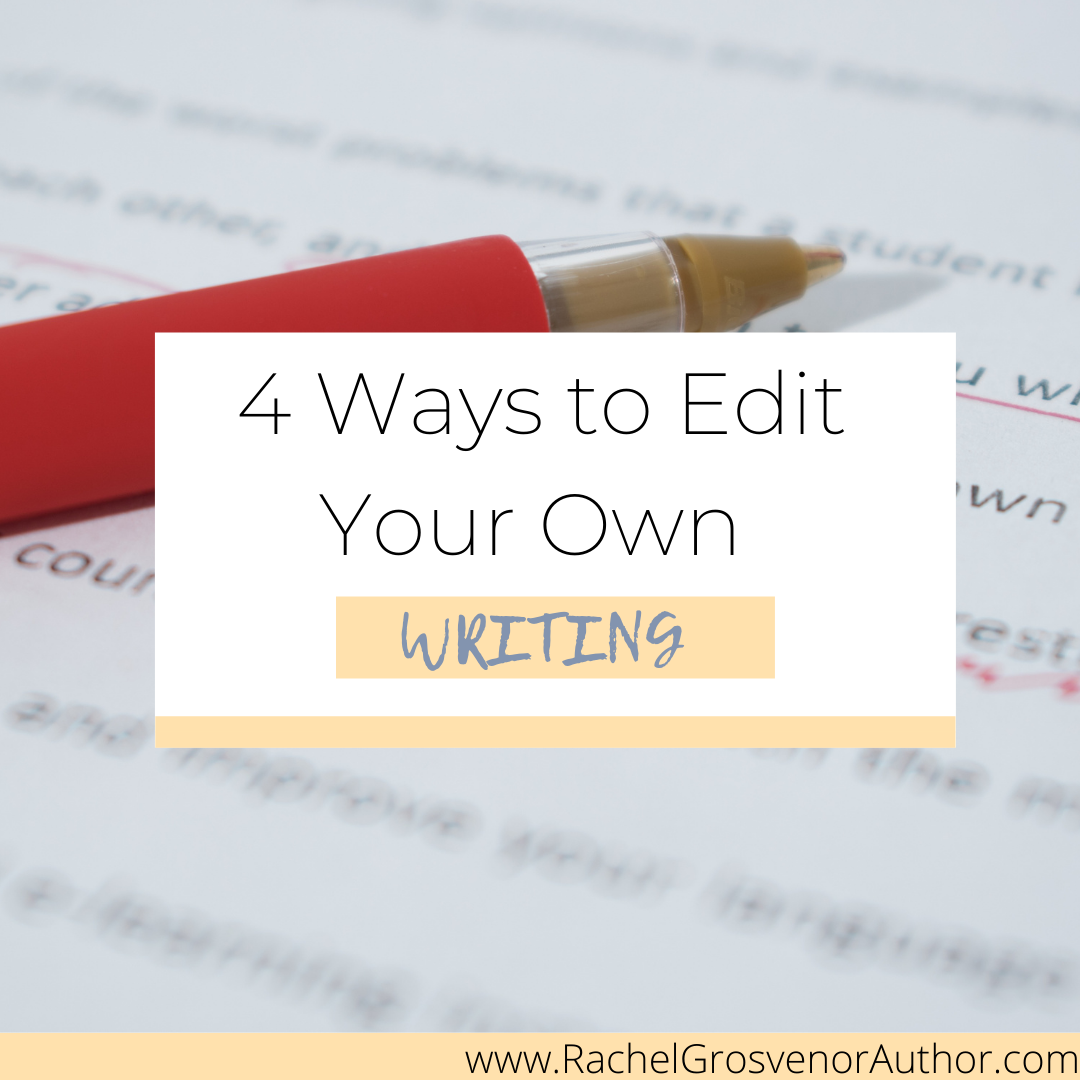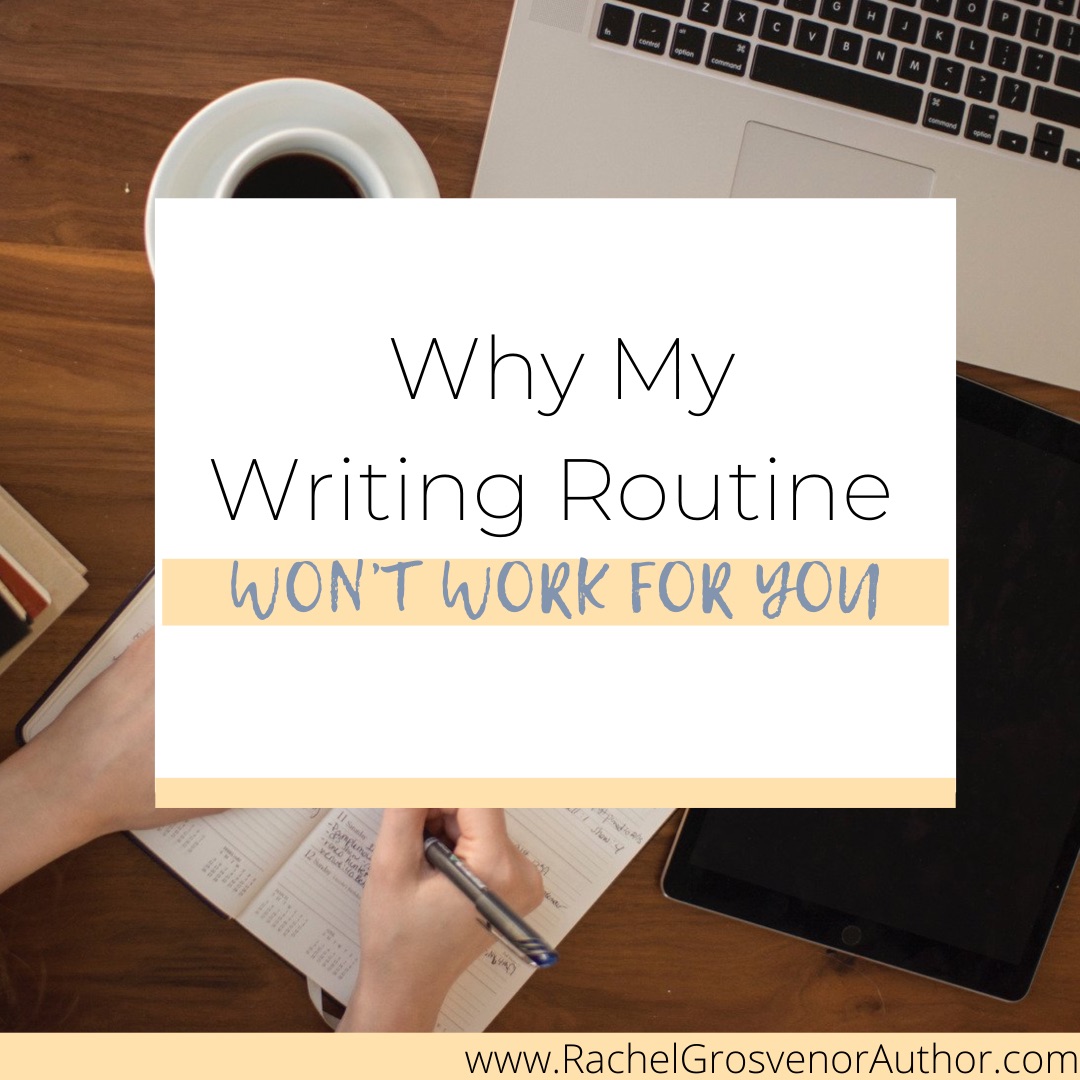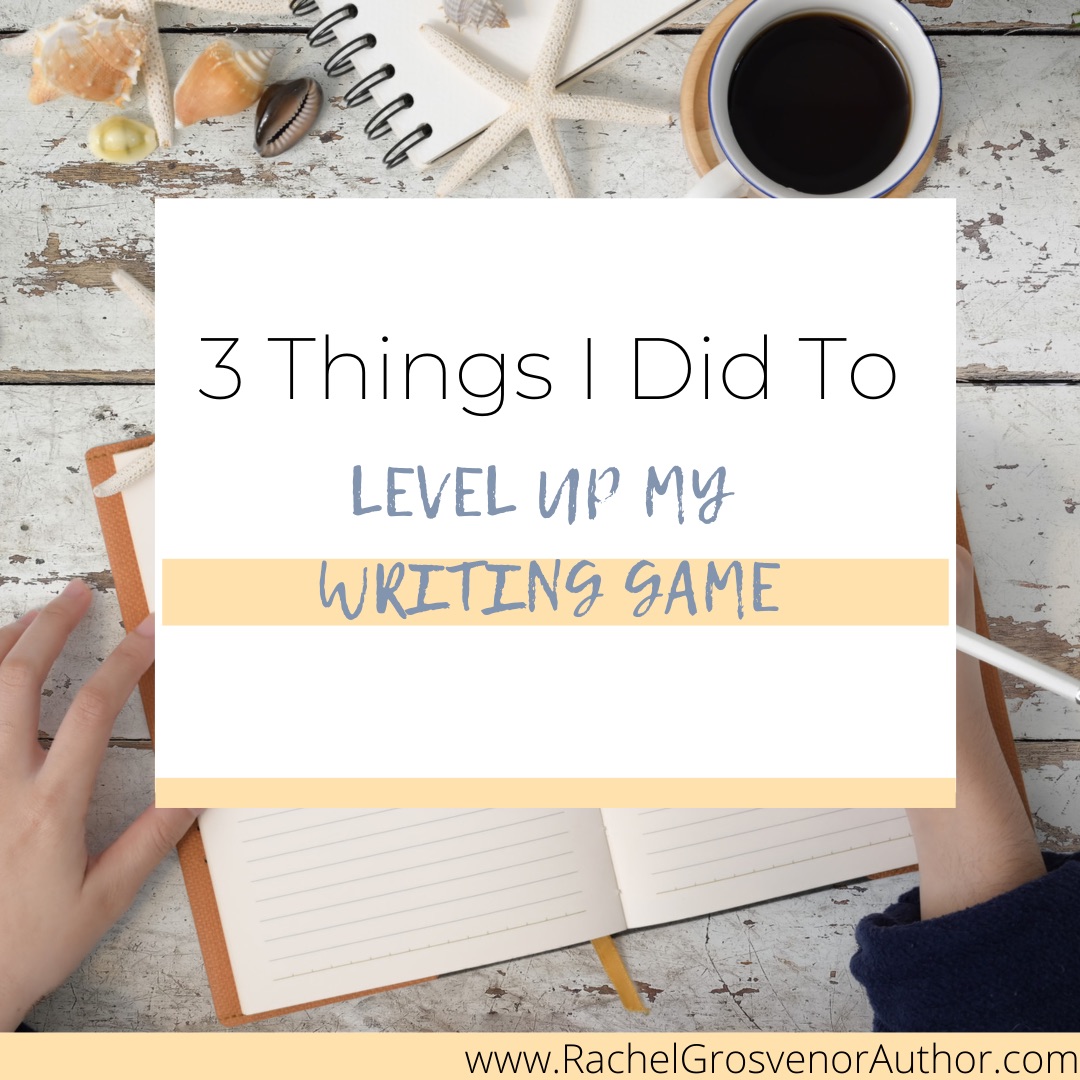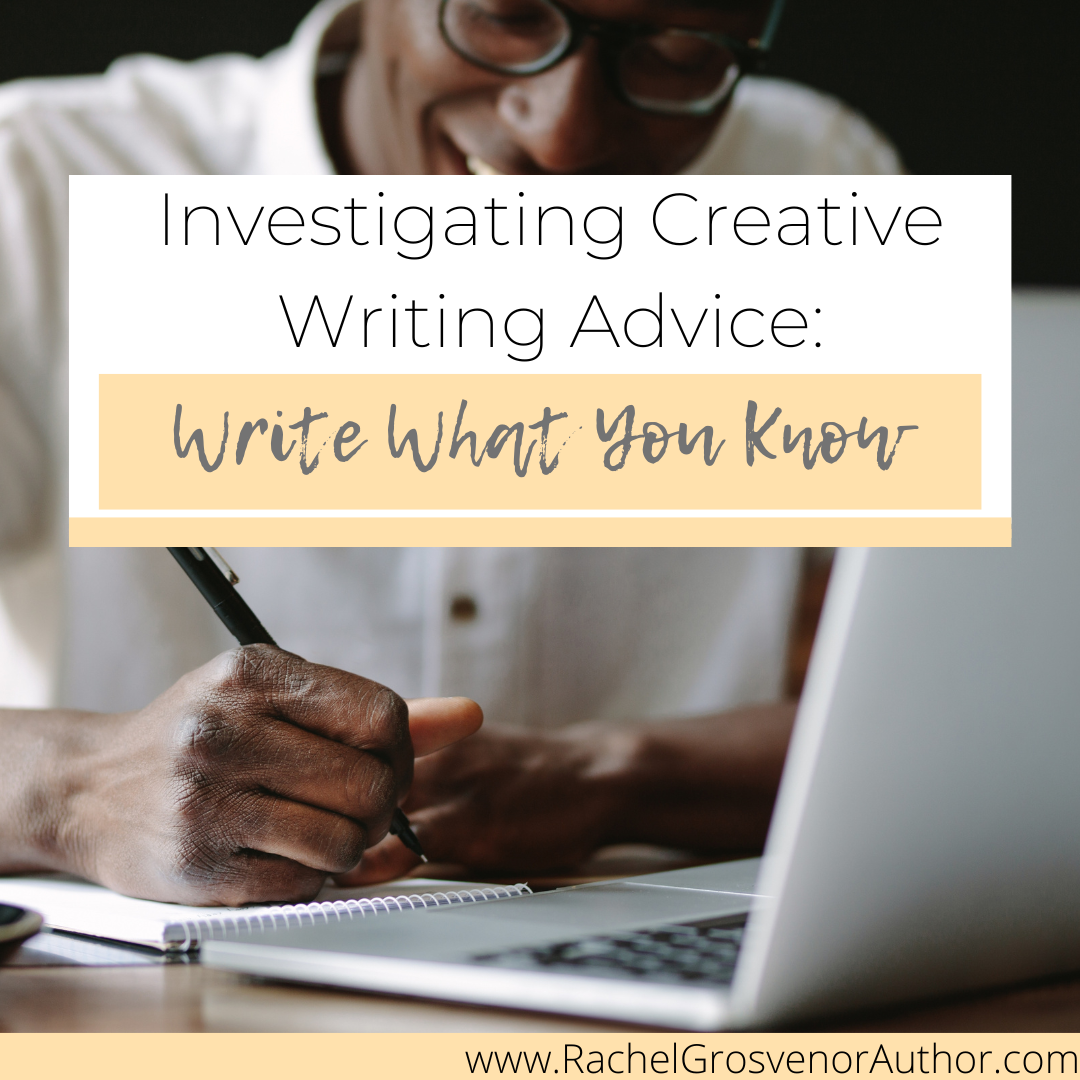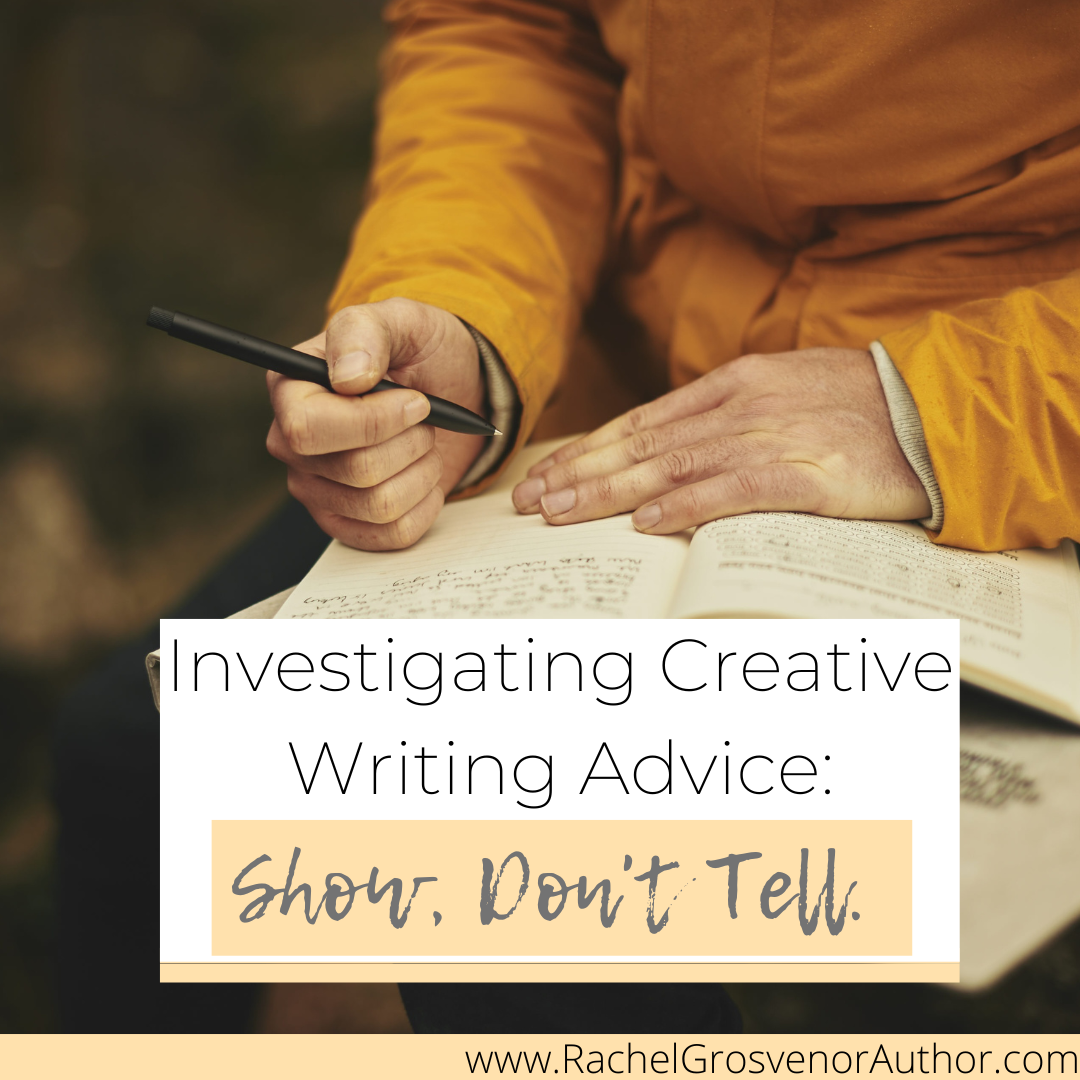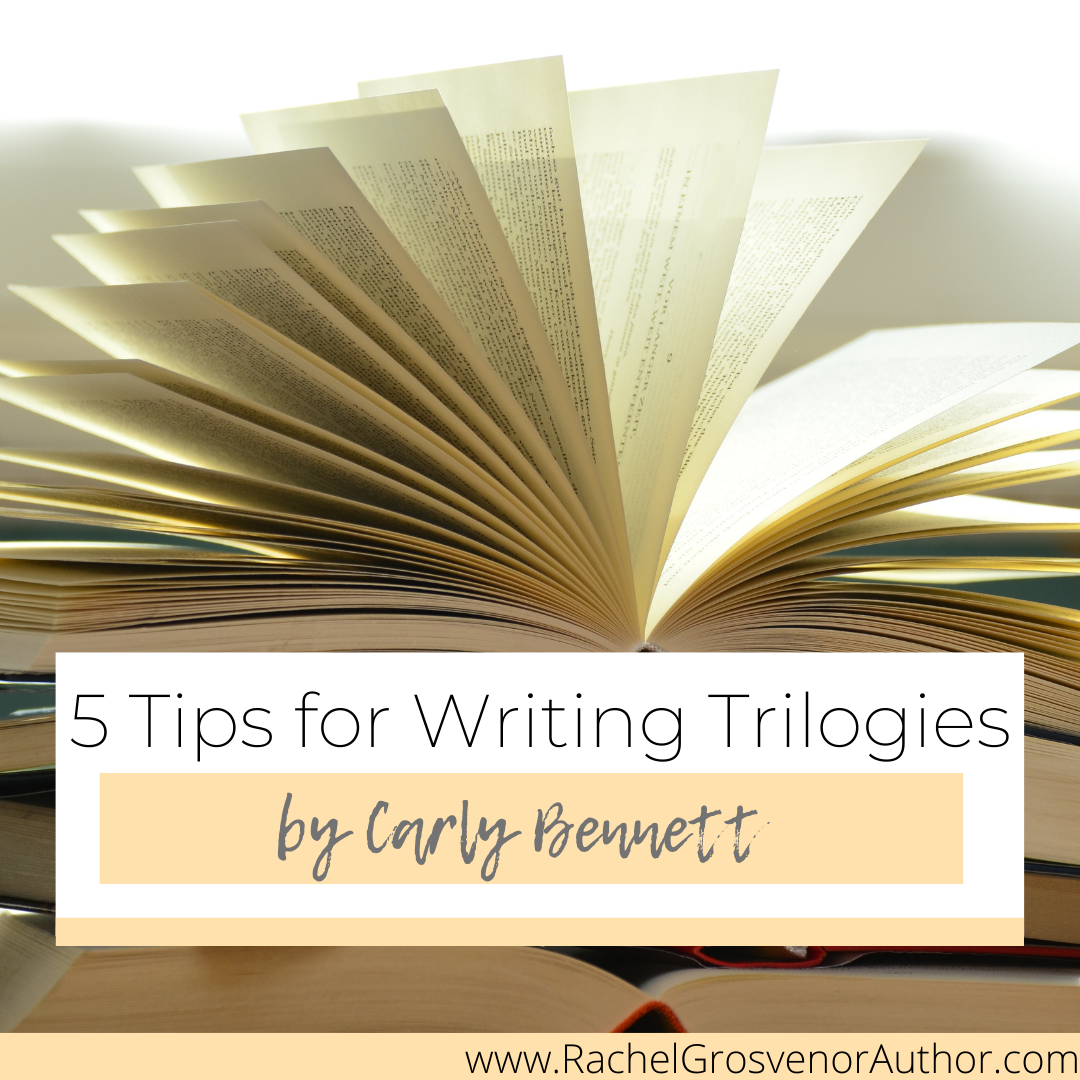Your work in progress is waiting for completion, but you want to move on. When should you give in to this feeling? Oh, it’s a difficult question. Many writers, myself included, have a long list of great novel ideas that have come to us throughout the years, and sometimes that list is more than attractive. But how do we know if it’s time to put one project aside for another, or we are just experiencing ‘The Dip’?
As an aside, ‘The Dip’ is that murky middle ground. Writing a novel is not easy, and it can get challenging when you reach the middle section. This is after the initial excitement about the work and before the sight of the ending, and it is a place where many writers struggle.
The Dip makes a writer want to throw in the towel and move on to a new, more exciting project. But, if that feeling is given in to each time we experience it, we would all end up with a pile of half-written novels.
So when do you know it’s time to move on and put your work in progress aside?
I recently had experience with this. Last year I was 20,000 words into a novel that had taken months of research to plot, and I decided to put it aside to work on something else. The new story flew out of me, and before I knew it, I was typing ‘The End’ on The Birth of Ida. Now I am 40,000 words into the companion novel The Dedworth Shame. Here’s what I considered before moving on, and what I would recommend you consider too if you’re feeling unsure about your current project!
Am I enjoying writing this?
We’ve all heard that saying, ‘No surprise for the writer, no surprise for the reader.’ (Robert Frost). Well, the fact is that I was just not enjoying writing my novel. It wasn’t that I was in The Dip, because I didn’t have that gut feeling that what I was writing would be worth it in the end. And, if I wasn’t enjoying writing the work, I was pretty sure that a reader probably wouldn’t enjoy reading it. If you’re slogging away, every paragraph is an uphill battle, and you’re not enjoying writing, ask yourself why this is.
- Is it the story you are telling?
- Are you passionate about it?
- Is it something that you would pick up and read yourself?
The Birth of Ida was such a pleasure to write, and that was a huge lightbulb moment for me. I was driven to finish the novel because it was a story I knew I wanted to tell. There’s a difference between pushing your way through a novel that isn’t working for you and finding a story that flows out of you and working through the tricky bits.
Why do I want to move on?
This is a fundamental question. Here are a few potential answers:
Difficulty:
If you want to move on because you are finding a current chapter challenging to write, it’s best to seek help. It might be that your current skill level doesn’t quite meet the concept that you have thought of. That’s okay – it just tells you that it’s time to jump into some craft education before you continue. It’s a great thing when our work helps us grow as writers.
If you’re not sure what you need more craft education in, it’s time to download The Time to Write workbook. Within that workbook, you will find a page and task dedicated to exactly that!
Scale:
If you want to move on because the scale of your vision is simply too big, that’s something that can be fixed in a re-write. It might be time to take a step back, look at the plot, and simplify your story to one that you feel you can tell at the moment.
Time:
You can’t find the time to finish your work. Well, this is a tricky one. If you aren’t prioritising your work in progress but feel that you would a new project, that says a lot for the enjoyment you are getting out of it. I would recommend that you take some time to journal on these feelings and investigate what’s stopping you. This dilemma is perfect for 1:1 coaching, and together, we could work out the next best step for you.
Length of effort:
You’ve been writing the same novel for a very, very long time, and it’s still not getting anywhere. If this is the case, then yes, you have my permission to put it to one side and try to write something fresh and new. They say that a change is as good as a break – and I think that’s true. It’s not to say that you will never pick up your WIP again, just that you need to fall in love with writing again. That’s okay. It’s all a process.
Conclusion:
Overall, my advice for this tricky area is to trust your gut instinct. You know better than I what stage you are in with your current work in progress. Be wary of Shiny New Idea syndrome – we all reach a stage in our current novel where a new idea seems like it would be ‘the one’. Instead, spend some time investigating your feelings and working out why you would like to move on. Be patient and honest with yourself.
You’ve got this writer. If you need any help, don’t hesitate to get in touch.
Want to read something similar? Check these out!
Reasons Not To Write Every Day
5 Tips to Help You Finish Writing Your Novel
7 Ways to Get Rid of Writer’s Block



